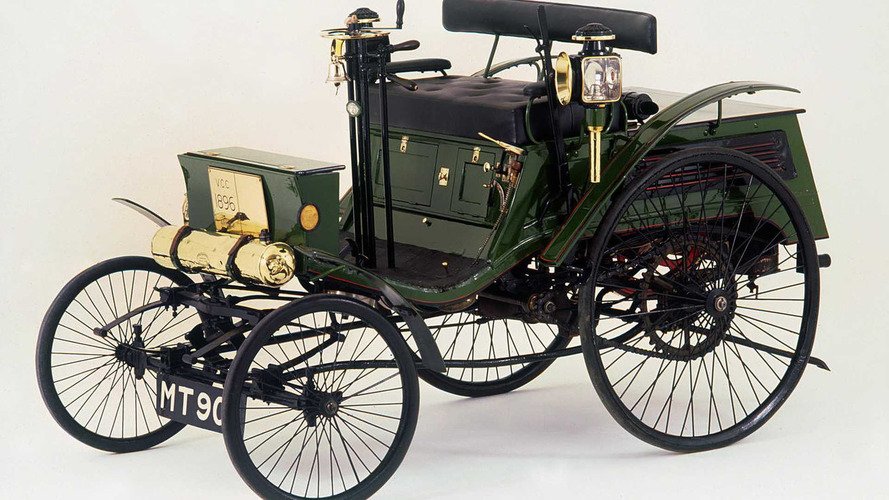This Is The First Car To Ever Receive A Speeding Ticket

Let's travel back in time for a moment. Imagine it's January 1896 and you are among the very few to have an ICE-powered vehicle. The law at the time required all cars to stick to a limit of two miles per hour (three kilometers per hour) and to, well – read that carefully, be led by a man on foot waving a red flag at all times.
Now, meet boy racer Walter Arnolnd, who we could easily describe as a true revolutionist. Not only he is very connected with the history of Daimler and was one of the first to receive a license to sell Benz vehicle, but he was also the man who literally broke the definition of speed for cars in the late XIX century.
Driving his 1896 Arnold Benz through Paddock Green in Kent, he was doing eight miles per hour (13 kilometers per hour) without anyone supporting his drive. As a result, Walter was convicted of speeding and forced to pay a shilling fine plus costs, after a policeman chased him on his bicycle.
Shortly after, the needs for a two mph (three kph) speed limit and red flag bearer were abolished – the limit was raised to 14 mph (23 kph) and that fact was celebrated with a race, now known as the Emancipation Run, in which Arnold competed and even earned a gold medal for his particularly adroit driving. The run took the cars from London to Brighton and still exists even today, uniting pre-1905 cars in a parade between the two cities.
The exact car, with which Arnold received a speeding ticket, is pictured above and will be displayed at the Concours of Elegance 2017 in Hampton Court Palace this September. In contrast, the vehicle will be joined by some of the fastest cars ever built – the Le Mans-winning Jaguar XJR-9 and the Harrods-livered McLaren F1 GTR.
